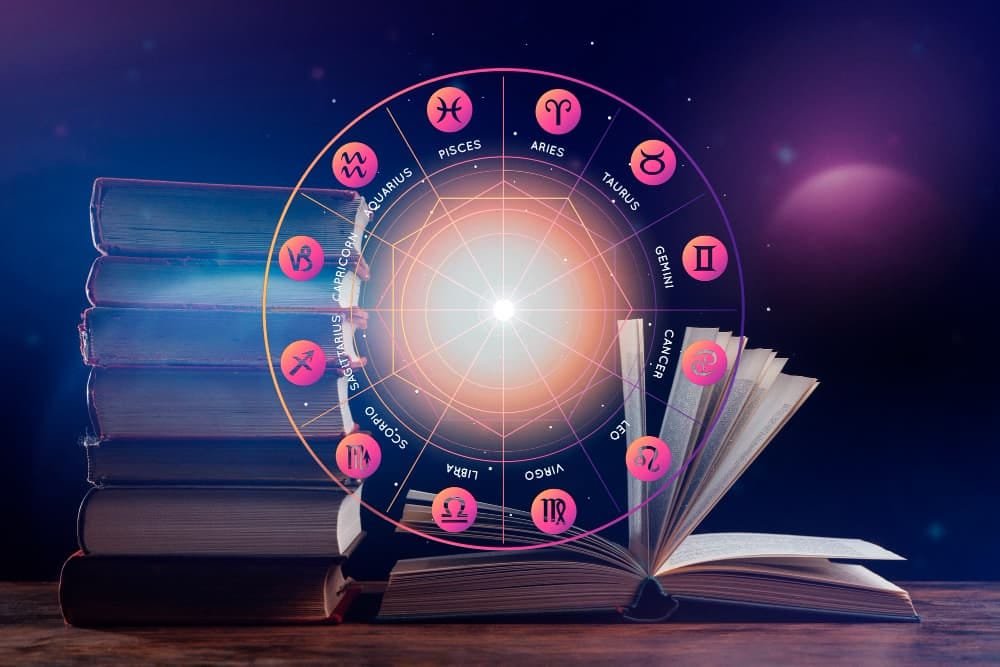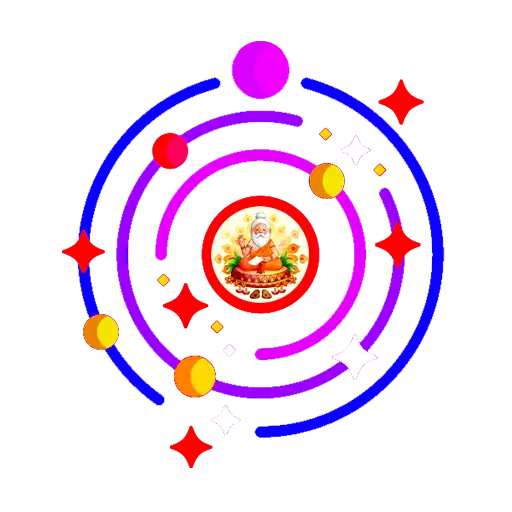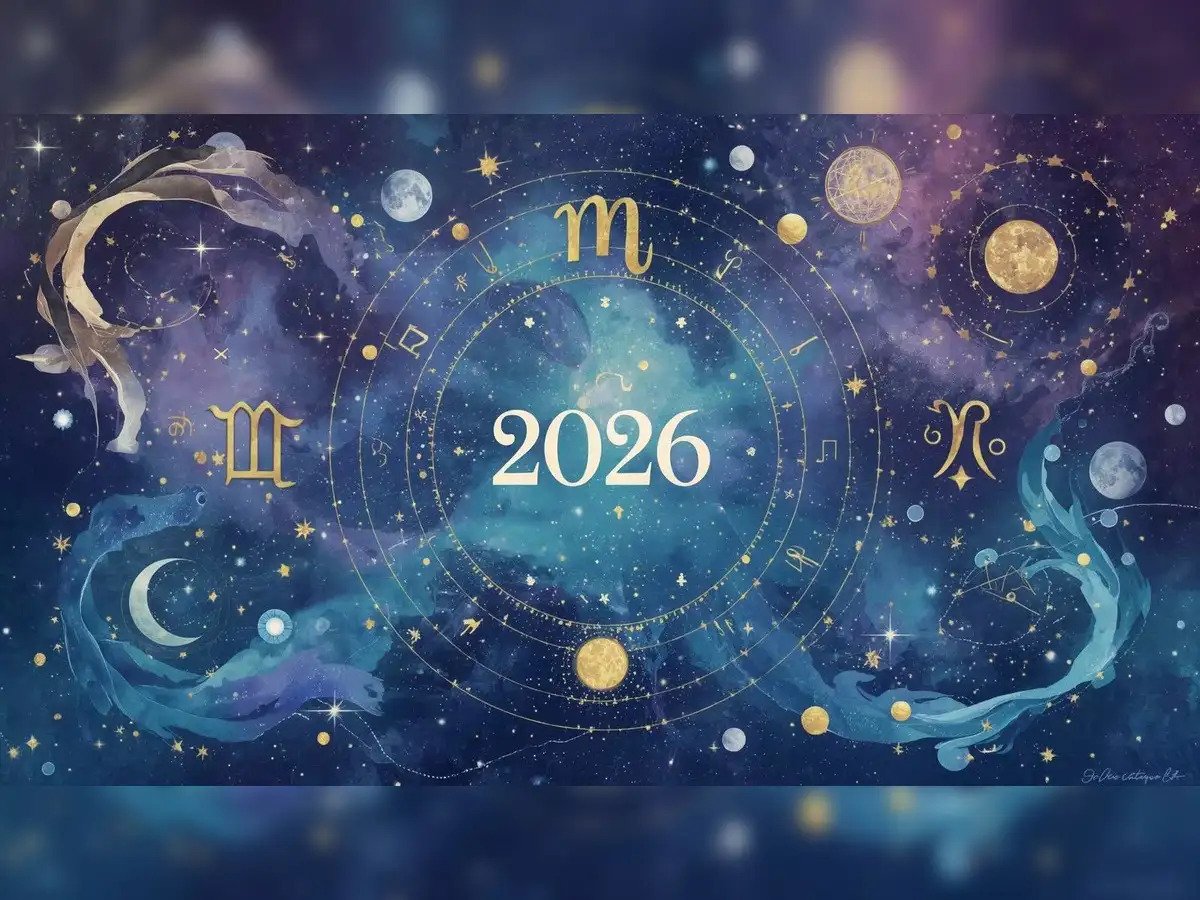The Science Behind Numerology: Fact or Fiction?
Numerology is the belief in the mystical and symbolic significance of numbers and their ability to influence human life. From your birthdate to the numerical value of your name, numerology claims that numbers are more than just mathematical symbols-they are keys to understanding your personality, destiny, and the universe itself. But how much of the ancient practice holds any scientific truth, and how much of it is simple fiction? The purpose of this blog post will be to navigate the relationship of numerology to science. How much truth resides in the proclamations of numerologists, or how much of it truly lies in mere faith?
What Is Numerology ?
An ancient practice, numerology gives deep meanings to numbers because it is thought that every number vibrates with its own energy. Commonly associated with spiritual growth, a form of self-discovery, and the sense of understanding life events, the most important parts of numerology are:
Life Path Number-considered a personalized number, this results from the calculation of your birth date to reveal your life's purpose and personality traits.
Expression Number: This number is derived from your full name as it appears on your birth certificate. It's believed to describe your natural endowments.
Soul Urge Number: This number comes from the vowels in your name and is said to describe your inner desires, motivations, and spiritual calling.
Numerologists believe that, through these numbers, you may be able to understand the struggles of your life, relationships, career path, and spiritual path.
The Case for Numerology: The Psychological and Symbolic Perspective
Although numerology is not recognized scientifically in the conventional sense, there are psychological and symbolic elements that might explain why people feel it resonates with them:
The Forer Effect: In psychology, this is also termed the Barnum Effect. What it says is that people generally tend to agree with vague statements that are actually general descriptions. This can be part of why numerical descriptions are accepted because they lack specificity, meaning it is more difficult to prove them as incorrect.
The Law of Attraction: Some numerologists believe that the numbers not only affect our destiny but also the energy we put out into the world. They believe that by understanding your personal numerology chart, you can align yourself with the universe's energy and use it to manifest your desires and improve your life.
Symbolism of Numbers: Numbers themselves have symbolic meanings that can be found in various cultures and religions. For instance, the number 7 is often regarded as lucky or spiritual, and the number 3 is seen as a symbol of creativity and completeness. This deep-seated cultural and historical symbolism could make numerology seem more credible to those who value these associations.
The Sceptical View: Lack of Scientific Evidence
Whereas numerology is extremely psychologically appealing, the scientific view claims that this trend lacks empirical evidence. Here are the main reasons for the rejection of the theory by science:
No Causal Mechanism: This is perhaps one of the primary criticisms; that is, numerology does not present any clear and measurable mechanism whereby numbers can actually cause events to change in your life. Claims are usually substantiated by scientific research that indicates how and why a particular factor is causing a particular effect. In contrast, numerology lacks such a foundation and rests more on faith and interpretation.
Confirmation Bias: One tends to recall instances where numerology "works," and forget or brush off instances when it does not. This is a form of confirmation bias wherein people selectively look for information to support their views and ignore contradictory information.
Vagueness and Generalization: Numerology is usually based on broad, generalized statements that could apply to anyone. It is, therefore, impossible to test numerology scientifically because its predictions and explanations are not specific or measurable in a way that would allow for objective validation.






